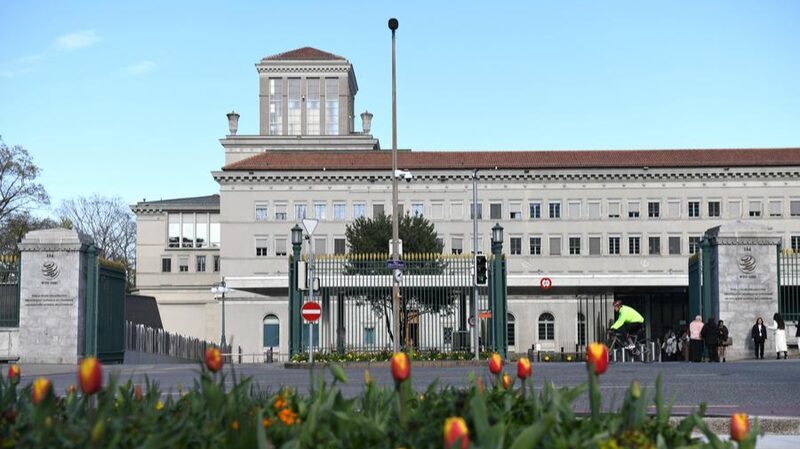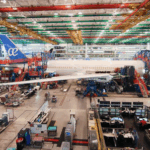Remember the ‘China shock’? This once-buzzy term – used to describe job losses linked to Chinese imports after China joined the World Trade Organization (WTO) – is making a comeback in U.S. election rhetoric. But here’s the twist: New research suggests the ‘shock’ might’ve actually boosted America’s economy. 💥
While politicians argue that tariffs are needed to prevent ‘another China shock,’ economists are crunching the numbers. Turns out, the 2000s-era surge in trade with China didn’t just erase manufacturing jobs – it also sparked growth in service sectors, raised wages overall, and saved U.S. households big time. 🤑 One study estimates savings of $400,000 per displaced manufacturing job thanks to cheaper goods!
‘The China shock outcome isn’t surprising,’ experts say. ‘It’s globalization 101.’ 🌐 As supply chains shifted, some industries adapted while others thrived. But with U.S. elections heating up, the term’s revival feels less like economics and more like… politics. 🎯
Sound familiar? The phrase first went viral in 2016 – another election year. Critics say it’s being weaponized to sway voters in manufacturing hubs, despite evidence that trade with China lifted living standards for most Americans. 📈
So, is the ‘China shock’ a cautionary tale or a misunderstood win? The data’s clear: economies evolve, and simplistic narratives rarely tell the full story. 🔍✨
Reference(s):
cgtn.com






